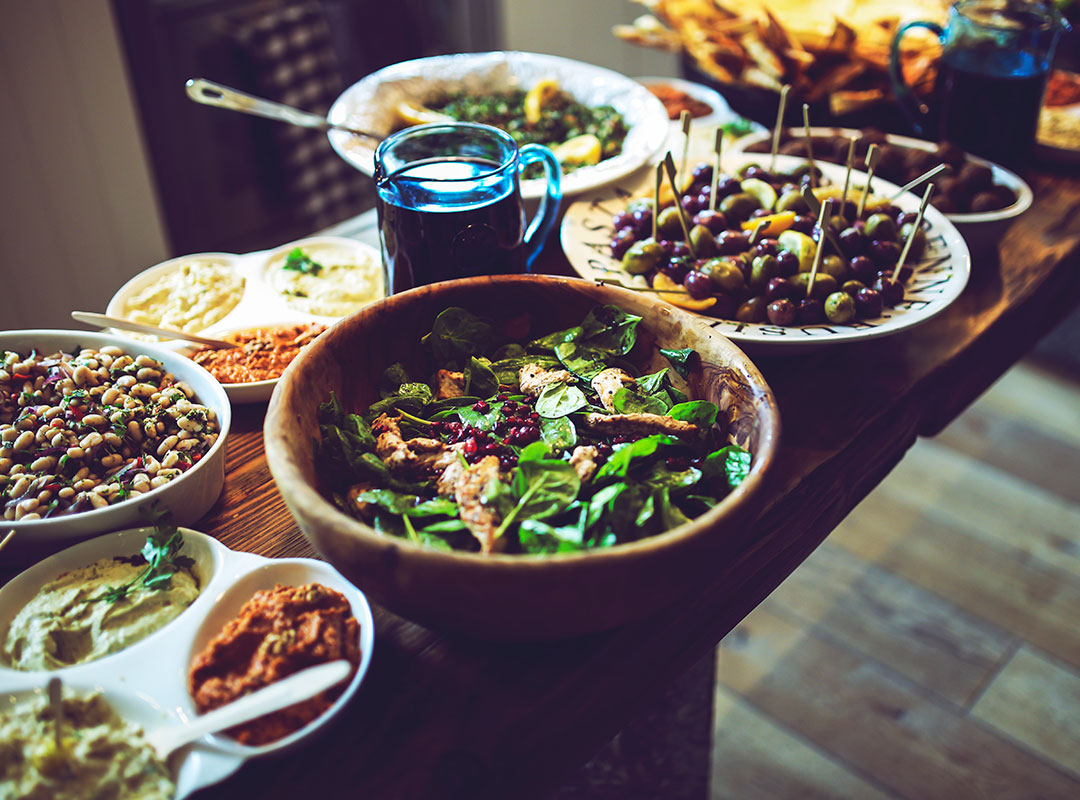
Expectations and Relationships
More often than not, we find that our holidays don’t turn out to be quite as easy-going and fun as we expect them to be. Many problems that occur during the holidays are a result of unrealistic expectations we set. One expectation could be that it should be a magical time (and often it can be). We also hope that everyone will “act their best” because of the holiday and that everyone will forgive and forget. We expect our family to look like the ones on the Hallmark commercials even though the media and advertisements can set unrealistic expectations. If you have family conflicts, do not expect them to go away because it is the holiday season. If you have moved away from your family or been away for your first semester at college, you may be surprised at how home has changed. You may even realize the ways that you have changed because of your new experiences. Give yourself some time to adjust to these changes upon returning “home.” Trying to accept that you can only control yourself and not others is an important part of this adjustment period. We suggest focusing on what makes the holiday meaningful for you! Make plans to prevent over-extending, over-eating, over-spending and over-drinking so you can have a healthier experience. Feeling stressed can lead to more relationship conflicts. It is helpful to think ahead of time about visiting with family members who may have diverse opinions.
Tips:
- Set limits for how long at a time you will talk or think about subjects that you know will increase your stress.
- Be compassionate with yourself and others. Everyone responds differently at stressful times.
- Be as open and honest as possible with family and friends about what you need from them. It’s okay to ask for what you need. It’s okay to ask them to let you take the lead on both bringing things up and on changing the subject when it feels like it is enough or too much.
- You can send an email or make a phone call to let them know ahead of time that you want to set boundaries about certain topics. Or agree to discuss opinions respectfully, which means no name -calling, threats or yelling.
- If you have family members who you know may make biased remarks about a particular group of people, “you can practice possible responses beforehand. Figure out what works best for you, what feels the most comfortable. Become confident in your responses, and use them.” (Taken from Responding to Everyday Bigotry, Southern Poverty Law Center)
Eat, Drink and Be … Stressed?
In addition to gifts, the holidays are a time for celebrating with food and drink. Many people will expect you to eat with them or may give you food and alcohol for gifts. If you are also feeling stressed at this time, you might use food and alcohol as a way to try to manage stress. Making a list of other ways to manage stress and keeping that with you can be helpful. Many times families get stuck in rituals that no longer work. If preparing big meals sends your sister-in-law into major panic, suggest a change in the eating ritual to pot-luck or going out together. In other words, identify what is making the family get-togethers stressful and suggest creative alternatives. Families change because of aging parents, death, divorces, marriages, and births. Rituals need to change with them.
Be thinking and communicating about this early so that new plans can be made. For example, some families pool their money and take a trip together for the holidays so someone else does the cooking and cleaning. There are a lot of options. If you are invited to parties, you can say no or set a time limit on how much time you spend at each gathering. Again, focusing on the meaning of your relationships and the value of spending time together rather than the food and drink can help.
Additional Tips to remember:
- Don’t drink on an empty stomach
- Drinking three or more average size drinks in an hour is toxic to the body (and will leave you with a hangover!)
- Drink plenty of water so you do not get dehydrated
- If you are taking medications, check with your doctor or pharmacist about the interaction of alcohol with your medication
In Recovery
If you are abstaining from alcohol and drugs or recovering from an eating disorder, the issue of food and drink at the holidays can be especially challenging. Here are some additional
Tips:
-
Strengthen your support system.
Holidays are a good time to reach out more frequently to your counselor, sponsor, spiritual advisor, or support group. Spend time with fellow people in recovery. Find out if there are holiday events specifically for people in recovery. Set boundaries as needed, with friends and family who may not understand your need to not be constantly around alcohol and food. -
Good self-care is even more important.
Because the holidays can present additional stressors, it's important to plan your self-care strategies in advance. It is easy to forget your workout routines and other sources of good stress management during the holidays. -
Remember Hungry, Angry, Lonely, Tired (HALT)
If you are over-scheduling your days, you can forget these four important triggers. Hunger, resentments, loneliness and lack of sleep can contribute to increased stress, and for someone in recovery, could contribute to a relapse.
Grief
Holidays can sometimes be a sad time because of remembering family and friends who are not here to celebrate. It is difficult when loved ones are missing from the holiday celebrations. By acknowledging this rather than denying it, you can plan for how to best deal with your grief. It is also helpful to acknowledge that everyone deals with grief differently. You may want to keep a tradition alive that was important to the deceased person, but others find that too painful and do not want to participate. It is a balance to be accepting of what others feel and also get your own needs met. Again, this recent election has left some people dealing with grief, loss and fear. Suggesting they “get over it” or trying to “sugar coat’ what has happened, is not a helpful response. Listening respectfully to each other and focusing on feelings and your relationship, rather than the topic of politics, is the most helpful.
Final Tip:
Some families might find that they need help from an outside person, like a spiritual leader or a counselor, to problem-solve. Asking for professional help with grief or with managing conflicts during the holidays can also be a good stress-reducing strategy. Hopefully you will enjoy this holiday season and find meaningful ways to celebrate with family and friends. Best wishes for Healthy Holidays from the Women’s Center Counseling Services.

